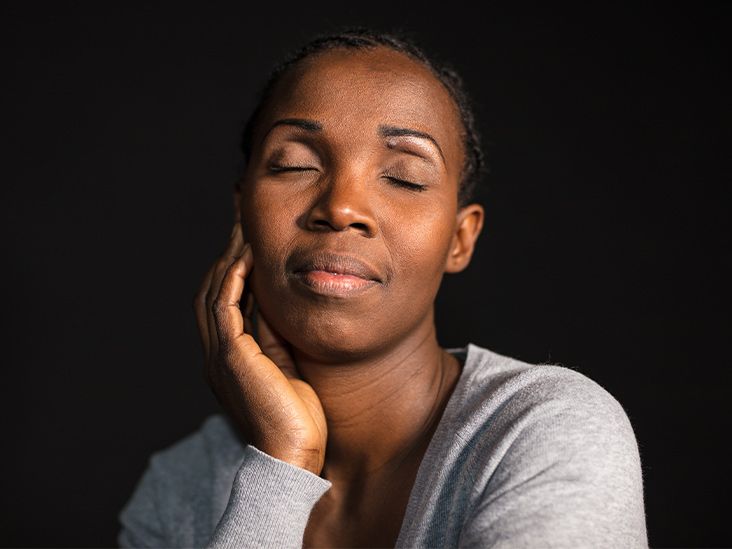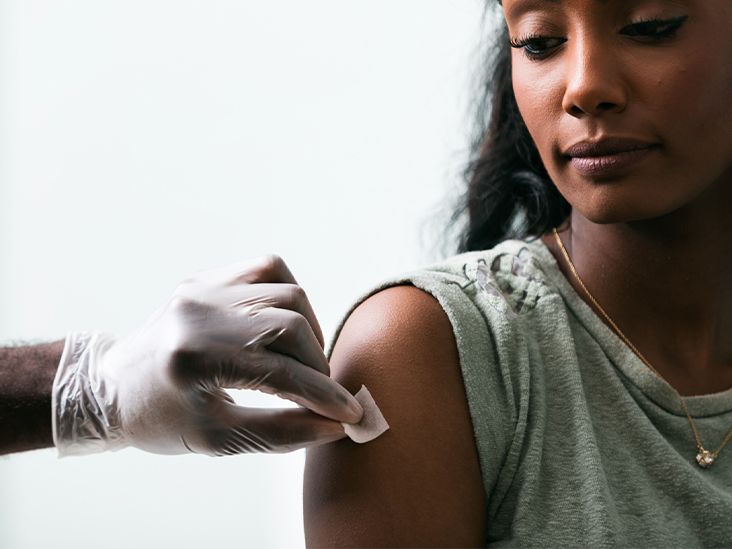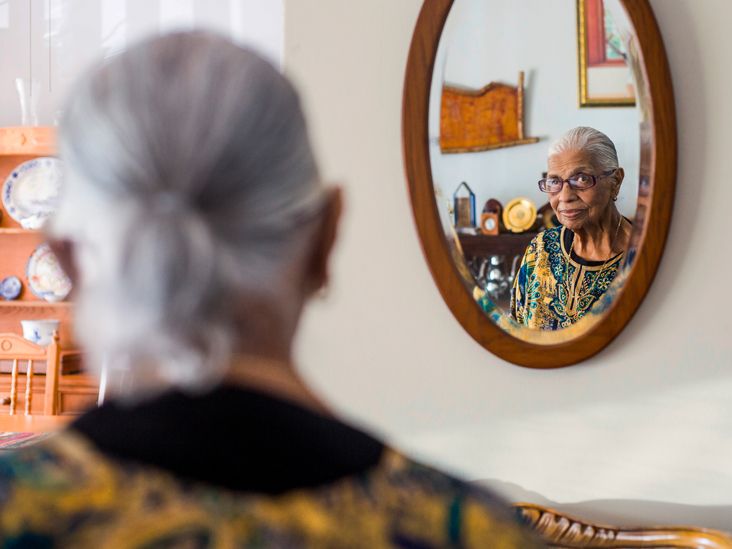From the Black Women’s Health Imperative
There are so many misconceptions about breast cancer and Black women. To get some clarity, The Black Women’s Health Imperative (BWHI) went to one of the leading experts, Lisa A. Newman, MD.
Newman is an internationally renowned breast surgeon and researcher. She’s chief of the Section of Breast Surgery at New York-Presbyterian/Weill Cornell Medical Center and Weill Cornell Medicine.
Here’s what she had to say about:
- the way breast cancer behaves in Black women
- how to reduce risks
- what screenings to get
What are some of the differences in the way breast cancer affects Black women vs. White women?
The breast cancer mortality (death rates) are about 40% higher among Black women compared to White women.
Black women are more likely to be diagnosed with a more advanced-stage breast cancer compared to White women. The tumors of Black patients are also more likely to be larger and to have spread to the axillary (underarm) lymph nodes (glands) at the time of diagnosis.
The risk for developing a breast cancer increases in all women as we get older, but Black women are more likely to be diagnosed with breast cancer at younger ages compared to White women.
In women younger than 40-45 years old, the population-based incidence rates of breast cancer are higher for Black women compared to White women.
About 30% of all newly diagnosed Black breast cancer patients are younger than 50 years old, compared to only 20% of White patients.
Is breast cancer more aggressive in Black women?
One of the most aggressive patterns of breast cancer is a subtype commonly known as triple negative breast cancer (TNBC).
TNBC accounts for around 15% of all breast cancers that we see in the United States and in Europe.
Its characteristics include:
- often more difficult to detect on routine mammograms
- tends to cause larger tumors compared to non-TNBC
- more likely to metastasize (spread) to other organs, such as the lungs and the brain, compared to non-TNBC cases
Because of its aggressive nature, TNBC is more likely to require chemotherapy treatments compared to non-TNBC.
TNBC is twice as common in Black women when compared to White women, accounting for approximately 30% of cases. This increased occurrence of TNBC in Black women also contributes to survival disparities.
However, TNBC is more common in women who have inherited mutations in the BRCA1 gene.
What are the best ways to reduce risks in Black women?
Early detection — catching a breast cancer when it’s small and easier to treat — is the most powerful weapon that any woman can use in the fight against breast cancer.
Regular mammography screenings and seeing a doctor if you notice anything abnormal help with early detection. Women should start having yearly mammograms at age 40.
These early detection strategies are especially important in Black women, because early detection of aggressive cancers such as TNBC can be lifesaving and can reduce the need for chemotherapy.
Mammography can be more challenging to read in younger women because the density of premenopausal breast tissue can block or mask cancer-related mammography findings.
Warning signs of breast cancer include:
- a new lump
- bloody nipple discharge
- a change in the skin of the breast such as inflammation or dimpling
Since Black women have an increased risk of early-onset breast cancer, being aware of warning signs on self-examination is particularly important.
Lifestyle adjustments, such as eating a healthy diet, following a regular exercise or fitness routine, and limiting intake of alcoholic beverages can reduce the likelihood of developing breast cancer.
Several studies have shown that nursing after pregnancy can reduce the risk for developing TNBC as well as non-TNBC.
What is the best screening technique for detecting breast cancer in Black women?
Mammography and general breast health awareness are the most important screening strategies for Black women.
Women who have had relatives diagnosed with breast cancer at young ages, and women with known BRCA mutations, should start yearly mammograms before reaching age 40.
Those with a family history should start screening mammograms 5-10 years younger than the youngest age of breast cancer diagnosis in the family.
They may need to undergo a breast MRI for additional monitoring.
Being aware of changes in the breast — a new lump, bloody nipple discharge, or skin changes, such as inflammation or dimpling — is essential in Black women.
Are you still recommending breast self-exams?
The traditional monthly breast self-examination recommendation is no longer popular, largely because many women were inexperienced and poorly educated regarding a proper self-exam.
Every woman has some degree of fibrocystic nodularity (dense tissue) that can create variations or ridges in the breast texture.
I encourage my patients to be aware of their own baseline breast architecture so that they’ll be better able to recognize a significant change.
Is lumpectomy followed by treatment a real option for Black women who tend to have more aggressive cancer?
Breast cancer survival rates are determined by how aggressive the tumor is and the likelihood that it’ll spread to other organs. That means those who opt for breast-conserving surgery (lumpectomy and radiation) versus mastectomy surgery can have the same survival rates.
Breast-conserving surgery is therefore safe in Black women, as long as the tumor is detected at a small size when a lumpectomy is possible.
Are you an advocate for chemo before surgery? In what kind of cases?
Chemotherapy delivered before surgery, which is called preoperative or neoadjuvant chemotherapy, has several advantages. But it’s essential that the patient have clear-cut indications of receiving chemotherapy before the neoadjuvant sequence can be considered.
If a breast cancer is caught very early, then the patient may be effectively treated by mastectomy or lumpectomy and radiation. Chemotherapy may not be necessary at all.
Patients with hormone receptor-positive breast cancer (breast cancers where the tumor is found to be positive for either the estrogen or progesterone receptors, or both types of receptors) usually receive special, hormonally active, cancer-fighting pills called endocrine therapy.

The Black Women’s Health Imperative (BWHI) is the first nonprofit organization founded by Black women to protect and advance the health and well-being of Black women and girls. Learn more about BWHI by going to www.bwhi.org.




